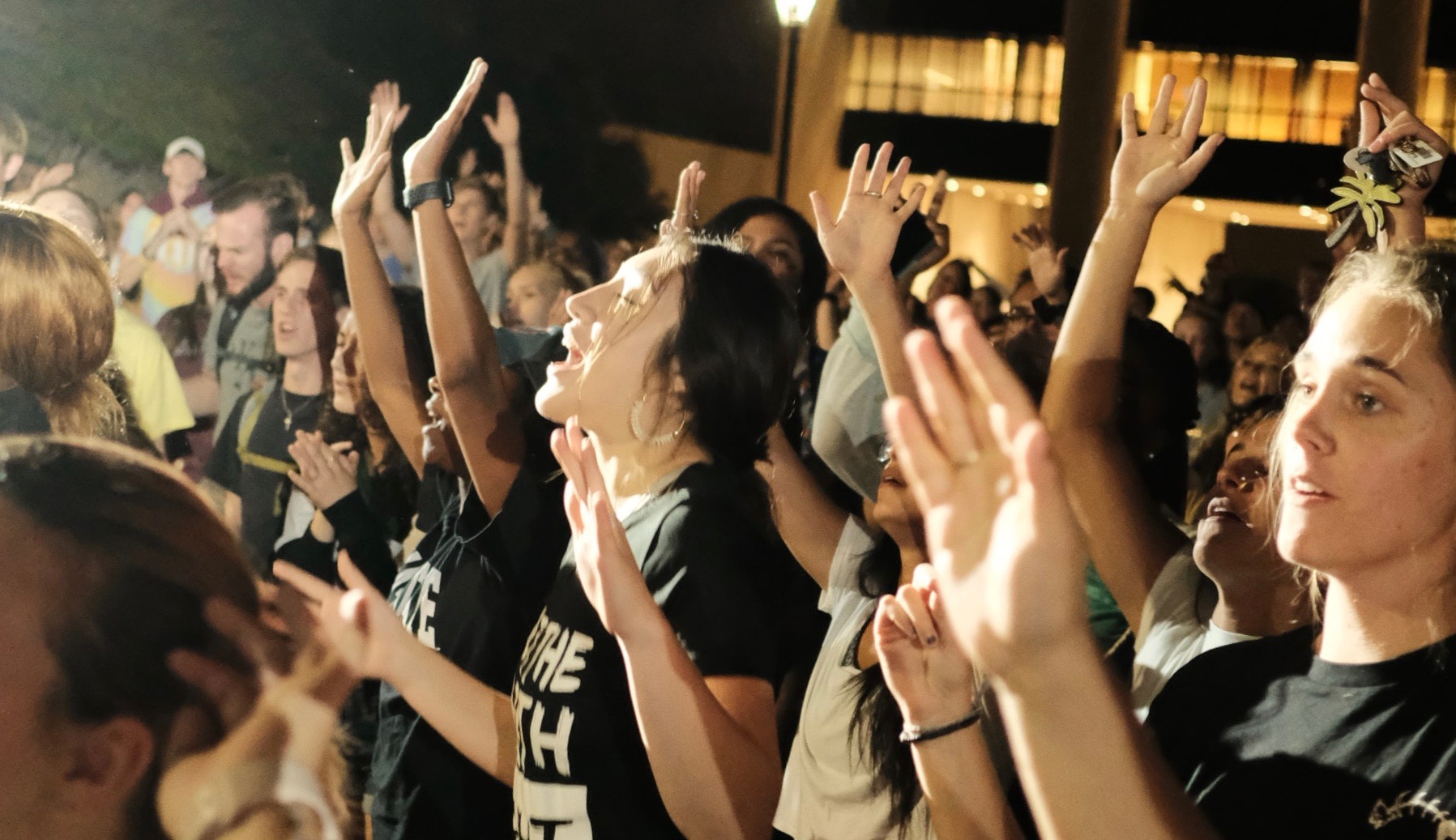Potent Voice brings together all the various elements of whole-self voice work that I have been gathering and refining over the last 38 years…
My Potent Voice classes and courses combine Feldenkrais Awareness Through Movement® with the state-of-the-art vocal training techniques that have emerged in recent years, thanks to the more refined observational equipment available to modern vocal science. My intention is to enable anyone who wishes to develop a flexible, strong, healthy, authentic self-expressive voice to be able to do so.
Whether your interest is singing, speaking well as an actor or presenter, or freeing your natural voice as part of a self-healing or spiritual development process – and of course any combination of these elements – then there will be something in my classes for you.
There is no pressure on you to perform in my classes – the idea is to enable you to become more conscious of exactly how your voice works, and to develop your vocal awareness, confidence, and authenticity, so that – with practice – your voice can become fully integrated, both physically and emotionally. A naturally spontaneous, fully embodied voice is what I mean by a Potent Voice, and for this reason it is very important that you feel relaxed and able to experiment with making – often rather silly! – sounds, without any embarrassment or self-consciousness. I have found that working online facilitates this playful element, and that compensates us for the sometimes poor quality of the sound reproduction on Zoom.
Potent Voice workshops are beneficial for:
Singers, presenters, performers, and anyone interested in the voice, and any aspect of self-expression
Anyone dealing with chronic stress issues, or breathing problems/conditions
Anyone dealing with chronic tension in the face, tongue, jaw, neck, and throat
Anyone interested in meditation, chanting, and neural self-regulation
Anyone who feels that emotional inhibition is limiting their capacity for self-expression and self-assertion.
Functional Integration – Feldenkrais For Your Voice
Hands-on muscle-releasing training sessions, focussing on integrating your neck, throat, face, rib cage, and the respiratory (and other) organs.
Feldenkrais comes in two formats, group training, known as Awareness Through Movement®, and individual hands-on training, known as Functional Integration®. Using sensitive touch as a teaching process can be a valuable addition to more familiar methods of vocal training, and may be particularly helpful if you feel your issues with performance are connected to deep muscle tissue holding patterns.
The daily format will enable us to make enough progress to achieve the physical freedom necessary to access our louder, richer, more expressive vocal qualities with more confidence. When the course is over you will have the lesson recordings, plus detailed notes, and illustrations, to support your continuing vocal development. Please note you are welcome to sign up to receive all the course materials if you are unable to join us live.
Potent Voice Workshops
Monthly On Sundays:
Online – Recordings & Notes included – or sign up for the recordings if you cannot join us live…
2pm – 5pm GMT/BST ~ 9am – 12pm EST/EDT
£45 (suggested fee, or any donation welcome)
Coming up…
Potent Voice–Access Your Full Vocal Range
Sunday March 8th
*THIS IS THE DAY THAT THE US CHANGES OVER TO DAYLIGHT SAVINGS TIME, IN THE UK WE ARE STILL ON GMT, SO, JUST FOR TODAY…
2pm – 5pm GMT ~ 10am – 1pm EDT
Human voices can access four registers, each with a distinctive sound quality, but with overlapping pitch ranges and of widely differing usefulness for singers and other performers. The most available and flexible is the modal register and it is this voice that singers and actors strive to extend and enhance. This is the register we all use naturally for speech and it is by far the most rich and resonant of the four, but we are often aware of the other possible sounds we can make and may experience the change in register from modal to falsetto as a real barrier to developing the higher notes that singing usually demands. The very high “whistle” register and the low beating of the “fry” register may not be very useful in performance but they can be enormous fun, and developing the extremes of your range can be a great tool for enhancing the core of your performing voice. Falsetto is not without its uses, and for many singers learning how not to slip into it unawares is an instant way to produce a richer more mature sound.
In this class we will explore all the registers and play with the different possibilities they offer. Increasing your range naturally requires that you learn how to protect yourself from injury by learning how to retract your false vocal folds and“open” your throat so this technique will also be included in the day.

Voice & PolyVagal Theory
Potent Voice is also central to Potent WellBeing, my Feldenkrais meditation system.
The benefits to the health of our nervous system that can be generated by:
a) sustaining vocal sounds, and…
b) focussing our attention on the sounds we are sustaining as we are sustaining them…
…while obvious to those of us who love to sing, have now been recognised by many in the therapeutic community, thanks to the pioneering work of Dr Stephen Porges and his ground-breaking PolyVagal Theory of mammalian neurobiology.
If you are not aware of Dr Porges theories, this film is a useful introduction – the longer discussion I used to share here has very sadly been taken down, so I am sharing this lovely longer talk instead:
– Of course those of us who love to sing don’t need scientific evidence to encourage us, but that there is a sound scientific foundation to the health benefits of singing is very pleasing for any voice teacher, and the ramifications are huge, so I will be writing more about it in my blog, as and when time allows.
Weekly Well-Being Zoom class…
Potent Well-Being
Sensory Self-Awareness & Self-Hypnosis for Self-Healing
Wednesday Evenings
7 – 8.30pm GMT / 2 – 3.30pm EST
Online + Recording £15*
(*suggested fee, or any donation welcome)
These extended* evening classes focus on my Feldenkrais-based self-healing strategies, and the recordings are intended to make it very easy for you to develop these skills for yourself. I am exploring the evening format with the intention of supporting better sleep as well as pain relief and self-calming.
One seldom-discussed aspect of the potency of the voice is the influential presence of an internal voice, constantly commentating on our lives. The voice inside our own heads can be an ally or an enemy; for a while now I have been discovering how to train my inner voice to be a better ally in my on-going project of self-healing. Here is an introduction to the process, from an article on my website:
“Self-Hypnosis – also known as Autogenic Training – has been around for a long time. I first came across it back in the Eighties, in a book called Superlearning. This was at right at the beginning of my interest in meditation, and practising the autogenic sequences from the book were the closest I came to achieving the deeper states of inner calm that are reportedly the most effective brain wave frequencies for healing chronic conditions.
Thus, when a bout of chronic fatigue left me with fibromyalgic pain that did not easily respond to the mindful movements that had helped me free myself of sciatica in the past, my investigations brought me full circle, and this time I made a connection I had somehow failed to make before. I remembered that Moshe Feldenkrais was also interested in self-hypnosis at a similar age, except that – being the over-achiever he was – he translated a significant book on the subject into Hebrew, and boldly added his own thoughts in a 26 page commentary.
The book was The Practice Of Autosuggestion by the Method of Émile Coué (1929), and Moshe’s original contribution has recently been published as Thinking and Doing, A monograph by Moshe Feldenkrais. He retained his enthusiasm for these concepts throughout his life, attempting to republish his translation in 1977, and using the techniques he still valued to speed his recovery after his stroke.
You will need to book with me directly to get the Zoom link, and a recorded version of the lesson is included in the fee. Bookings are by email, or via my contact page.
*I am aware that 90 minutes is a long class, so do please know that you can choose to join us for the first hour only, particularly if that would make joining the class regularly more manageable for you. Please also note that we sometimes finish a little early!
